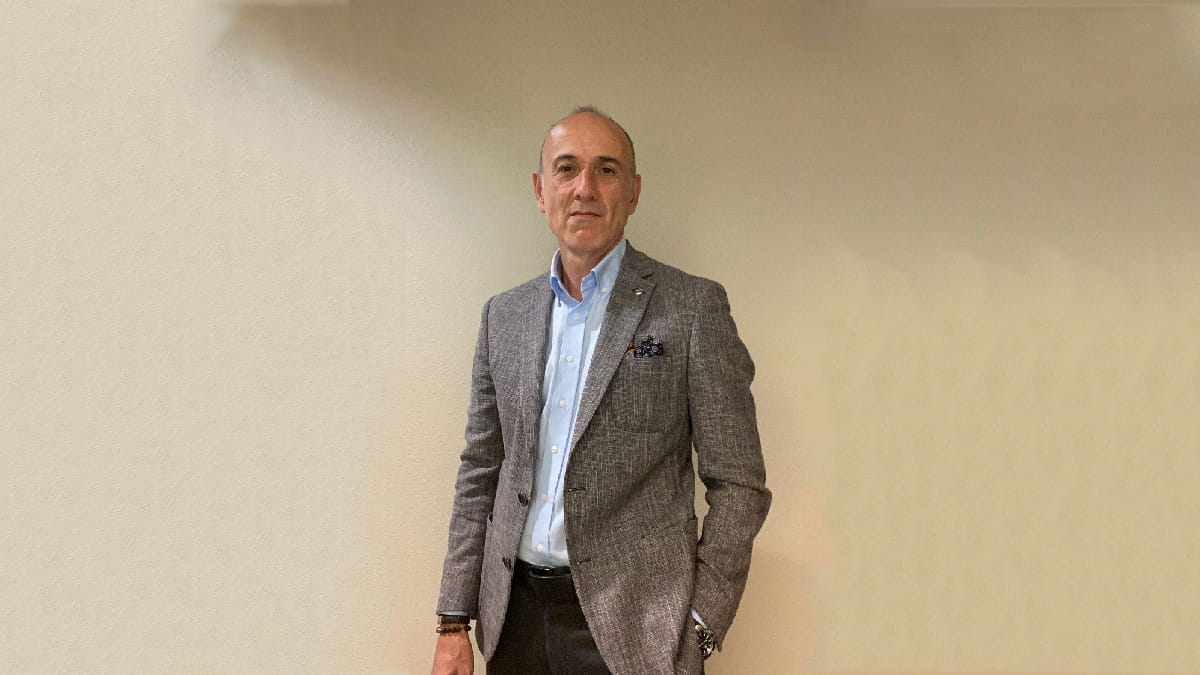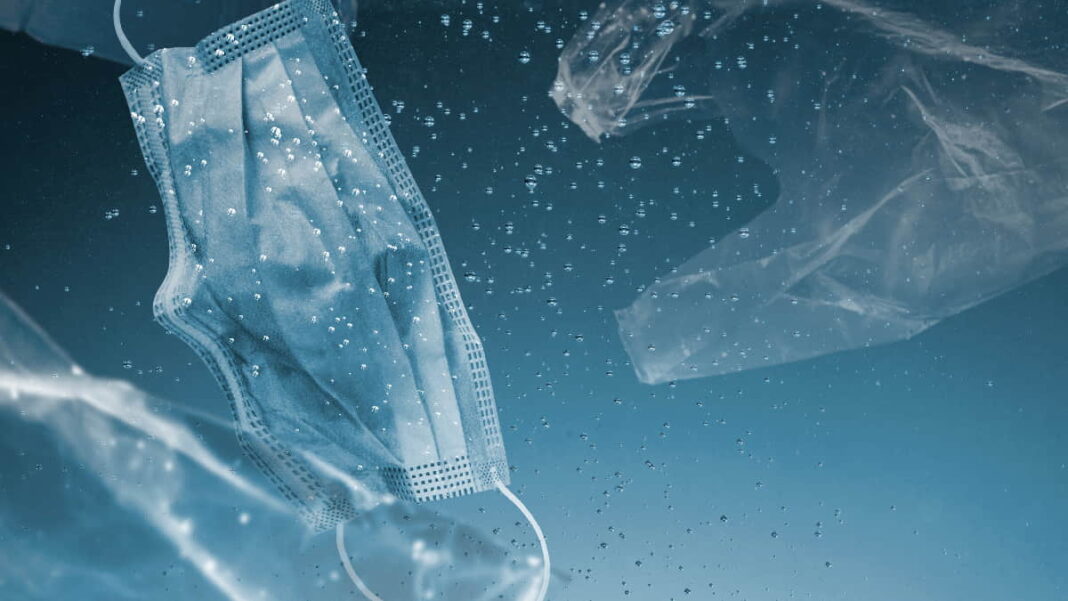Hifyber, operating under Abalıoğlu Holding, offers an eco-friendly alternative to face masks, which are one of the effective methods of protection from the virus that also create a serious waste problem. ‘Nanofiber Filter Media’, obtained from recyclable raw materials reduces the amount of waste plastic while also providing filtration efficiency and comfortable breathing in long-term mask use. It is noted that 129 billion masks are used every month in the world in the statement made by the company on the environmental effects of masks. It is stated that the amount of waste originating from masks in Europe is approximately 445 million per day according to estimates while relaying that these masks thrown into the sea can both cause injury and death to animals or turn into microplastics that harm aquatic life.
Hifyber General Manager Ahmet Özbecetek said that there is not enough awareness about the environmental effects of masks that threaten our world, and pointed out that the masks used during the pandemic and randomly thrown into the environment are in the pollutant class that threatens nature the most after plastic waste. Özbecetek explained that they, as Hifyber, have adopted an eco-friendly and sustainable approach for face masks and stated that they continue their efforts to reduce plastic waste in the environment without slowing down, with the ‘Nanofiber Filter Media’ they have developed.

Hifyber ‘Nanofibre Filter Media’, sustainability and high protection combined
Ahmet Özbecetek emphasized that 90 percent of the masks widely used around the world are produced from long-lasting plastic materials and said that these masks thrown into the environment after use, stay in the environment for 450 years, threatening nature, living beings and human life. Özbecetek said that they produced the ‘Nanofiber Filter Media’, which they developed for use in face masks, from recyclable raw materials with the awareness of their environmental responsibility and disclosed; “We contribute to sustainable life by protecting our planet with the biodegradable ‘BIO60 face mask filtration layer’, together with high-tech nanofibers, under controlled conditions in accordance with the EN13432 standard.”
Özbecetek stated that it is of great importance that Hifyber ‘Nanofiber Filter Media’ provides high filtration efficiency in addition to its environmental dimension, and concluded his words as follows; “Electrospinning nanofibres in the ‘Nanofibre Filter Media’, which capture and neutralize the smallest particles in the air with its multi-layered design feature, provide excellent breathability and high protection in long-term mask use. The high filtration efficiency of the N95 filter media we have developed is also approved by Nelson Labs and NC University Nonwoven Institute.” Various efficiency levels can be achieved with HF-BIO60 face mask filtration layer, such as N95, N99, FFP1, FFP2 and FFP3.
